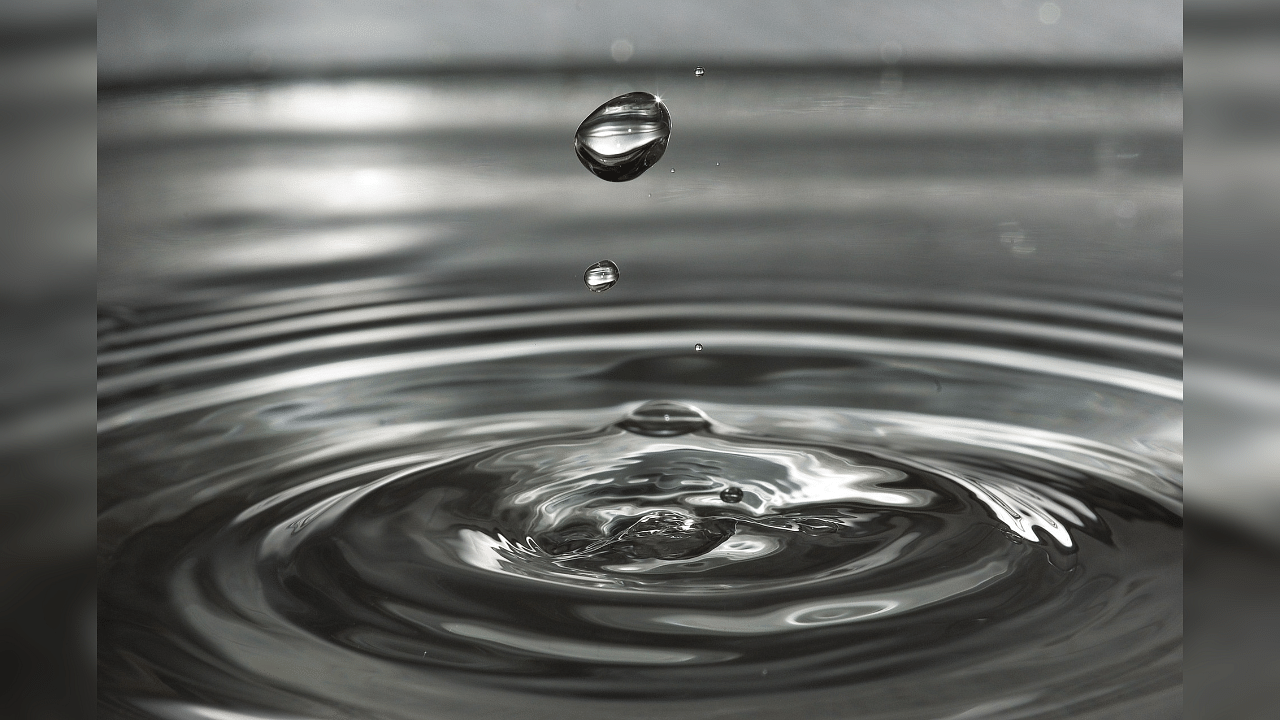I say a silent prayer every year in March as World Water Day draws near – both in gratitude for the chance to remind the world to save this most precious resource and in hope that by the month-end, people will not forget all about it for another whole year but adopt simple habits that can make every day World Water Day!
Most believe it is the job of governments, RWAs or societies to solve water issues, and while these do have a role, it is far better for us residents to also play our part and reduce our consumption with simple measures that every single person can and must adopt to slash daily usage.
There was a time I used three buckets of water to bathe – a confession I flinch to make. Then 12 years ago, I chanced across a YouTube video, ‘Letter in the year 2070’. Do catch it online to experience the world without water portrayed so vividly. It changed my wasteful habits completely. I taught myself to cut back to the bare minimum. I now bathe with a conservative 5-6 mugs of water – that’s when I wash my hair! It’s just 3 otherwise, and I hasten to add, with no compromise on the end result! This fact once made public put me at the receiving end of jokes like, “no wonder autocorrect changes your name to 'Odour'!” This is all taken in good humour as it serves an added purpose – commenting on how little I use inadvertently makes the other person think of how much they use!
Over the years, I have evolved a simple ‘ecowaternomics’ framework to economise on the water I use; try my tips and see how easily you too can slash up to 80%, no exaggeration.
Firstly, use less. This would mean using taps on the lowest flow possible; a trickle is really good enough though many prefer full blast as default. Aerators help too, but nothing like an ingrained low-flow habit to cut excess use at this stage itself. Next, shut the tap when the flow is not needed--while brushing, soaping, etc. Even in times of coronavirus and extra handwashing, keeping the tap off during those mandated 20 seconds of soaping translates to possibly saving 100 million litres per day, if you extrapolate the city’s 1.3 crore residents washing 10 times a day! Next, avoid running water – choose a mug or bucket over a shower, a bowl to wash fruits, etc. and for your car or balcony, wipe down rather than pour generously. Finally, check leaks –a dripping tap can fill a large bucket overnight. Start with these four simple habits and you will automatically cut back.
Secondly, reuse more. You wouldn’t bathe with mineral water, right? Who’d be crazy enough to waste pure, expensive water when lower purity works? But we do it all the time, rinsing dirty dishes or mop-cloths with fresh water out of a tap though secondary sources work perfectly well – like water from fruit or dal wash or clothe wash. Discover the many hidden water sources in your home (RO waste-water, clothe wash water, handwash water, or wasted water from school bottles, pre-shower run-off water, et.)
The water for reuse could be clear, cloudy or muddy; simply match it to appropriate to what the water is needed for which will immediately cut down on fresh water consumption. It is a crime that many households simply let the RO waste-water flow down the drain – it’s a useful mantra to never let water go down the drain if it is good for something else. My two buckets of RO waste-water are used for floor-mopping, then reused again to water plants (possible because I use home-made organic bioenzyme not phenyl, better for me, my pet and also the planet because I can reuse the water). That’s a notional saving of six buckets or 150 litres per day, demonstrating the immense water-saving potential if every household takes this seriously.
I am often asked: Do we really need to go to this extreme? If we all start doing this more often, future generations will not have to do it all the time. So take the ‘minimum water challenge’ and try to figure out the minimum you need and work to maintain this. I have cut my personal usage by 100 litres a day from earlier luxurious habits. You can slash usage too, and you must – because it all adds up and every drop does indeed count.
(The writer is co-founder of Beautiful Bengaluru, a passionate water-saver and creator of the ‘Ecowaternomics framework’)
